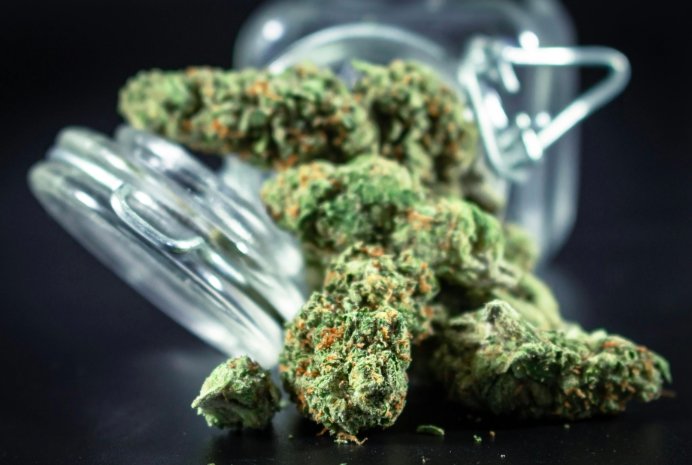Thailand is set to ban the recreational use of marijuana by the end of 2024, a significant policy reversal just two years after the country became the first in Southeast Asia to legalize the cultivation and consumption of cannabis. The new legislation aims to curb the misuse of cannabis, particularly among young people, while still allowing its use for medical purposes. This move has sparked a mix of reactions from various stakeholders, including health officials, business owners, and the general public.
The Shift in Cannabis Policy
The Thai government’s decision to ban recreational marijuana comes after a period of rapid growth in the cannabis industry. Since the legalization of cannabis in 2022, thousands of dispensaries and cannabis-related businesses have sprung up across the country. However, this rapid expansion has also led to concerns about the unregulated use of cannabis, particularly among minors. Health Minister Cholnan Srikaew emphasized that the misuse of cannabis has had a negative impact on Thai children and could potentially lead to the use of other drugs.
The new legislation will require all cannabis products to be used strictly for medical purposes, with stringent regulations on cultivation, distribution, and consumption. Businesses that currently operate under the recreational cannabis model will need to transition to medical cannabis or face closure. The government has also introduced penalties for those who violate the new regulations, including fines and imprisonment.

This policy shift reflects a broader trend in Southeast Asia, where countries are grappling with the balance between economic benefits and public health concerns. While the initial legalization was aimed at boosting the economy and promoting medical cannabis, the unintended consequences have prompted a reevaluation of the policy.
Economic and Social Implications
The ban on recreational marijuana is expected to have significant economic implications for Thailand’s burgeoning cannabis industry. The industry, which was projected to be worth up to $1.2 billion by 2025, will now face new challenges as businesses adapt to the stricter regulations. Many small business owners who invested heavily in the recreational cannabis market are concerned about the financial impact of the ban.
Despite these challenges, the government remains optimistic about the future of the medical cannabis industry. Officials believe that with proper regulation and oversight, the medical cannabis sector can continue to thrive and contribute to the economy. The focus will now shift to ensuring that cannabis is used safely and responsibly, with an emphasis on its therapeutic benefits.
Socially, the ban has sparked a debate about the role of cannabis in Thai society. Advocates for recreational cannabis argue that the ban is a step backward and that responsible adult use should be allowed. On the other hand, opponents believe that the ban is necessary to protect public health and prevent the misuse of cannabis, particularly among young people.
Future Prospects and Public Response
As Thailand prepares to implement the ban on recreational marijuana, the government is also focusing on public education and awareness. Health officials are launching campaigns to inform the public about the new regulations and the potential risks associated with cannabis use. These efforts aim to ensure that the transition to a strictly medical cannabis market is smooth and that the public understands the reasons behind the policy change.
The response from the public has been mixed. Some support the ban, citing concerns about the impact of recreational cannabis on youth and public health. Others, however, feel that the government should have found a middle ground that allows for regulated recreational use. The debate highlights the complexities of cannabis policy and the challenges of balancing economic interests with public health and safety.
Looking ahead, the success of Thailand’s new cannabis policy will depend on effective implementation and enforcement. The government’s ability to regulate the industry and prevent illegal use will be crucial in ensuring that the policy achieves its intended goals. As other countries in the region watch closely, Thailand’s experience could serve as a valuable case study in the evolving landscape of cannabis regulation.



